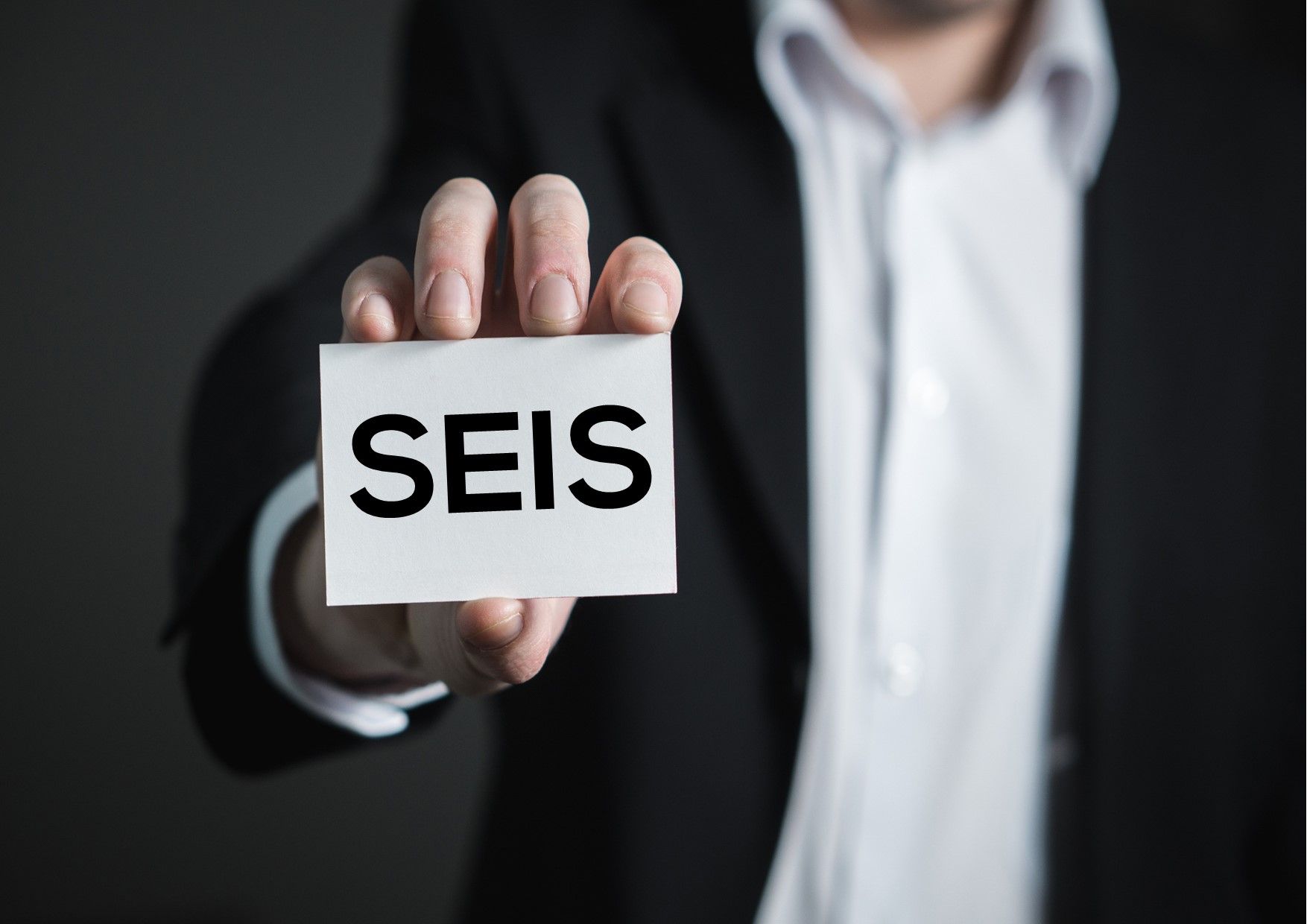What is the Seed Enterprise Investment Scheme
The Seed Enterprise Investment Scheme (SEIS) is a UK government initiative that provides tax incentives to investors who invest in early-stage startups. It is designed to encourage investment in companies that have not yet started to generate significant revenue, particularly those with innovative ideas and technologies.
Buying shares in start-up companies is inherently risky and the SEIS is designed to counteract those risks with attractive tax incentives.

What are the benefits of the Seed Enterprise Investment Scheme?
The Seed Enterprise Investment Scheme (SEIS) offers several benefits for both investors and the companies they invest in. Some of the key benefits of SEIS include:
- Tax Relief: Investors can claim an income tax credit of up to 50% on investments up to £200,000 per tax year. This means that an investor buying £100,000, worth of shares can claim £50,000 back as an income tax credit. This can be a significant benefit for high-net-worth individuals who are looking to reduce their tax bill.
- Capital Gains Tax Relief: Investors can claim a capital gains tax exemption equal to 50% of the amount they invest in SEIS. This exemption can be set against any other capital gains that arise in the year the SEIS investment is made. If the SEIS investment itself is held for at least three years, any gain made on the disposal of the SEIS shares are exempt from capital gains tax.
- Loss Relief: If an investment in a SEIS-qualifying company is unsuccessful, investors can claim loss relief against their income or capital gains tax liability. This means that investors can offset losses against their taxable income or their chargeable gains. Reducing their overall tax bill.
- Inheritance tax relief: shares in SEIS companies are qualifying business property for the purposes of inheritance tax Business Relief. This means that, once they have been held for 2 years there is a 100% relief so that no inheritance tax is payable on their value.
Companies that qualify for SEIS can raise up to £250,000 in using the scheme.
Overall, SEIS can be an attractive option for investors who are looking to reduce their tax bill and support the growth of very early-stage startups in the UK.
What are the eligibility requirements for funding through Seed Enterprise Investment Scheme
To qualify for funding through SEIS, a company must meet the following eligibility criteria:
- UK-based: The company must be a UK company or trade through a permanent establishment in the UK. This means that the company must be registered or operating in the UK with UK-based trading activities.
- New: The company must be a new business. This means that the company must have been trading for less than two years and must not have received any previous funding from EIS or SEIS.
- Unquoted: The company must be unquoted meaning that none of its shares or other securities are marketed to the general public. It must have fewer than 25 full-time equivalent employees and the gross assets of the company must not exceed £200,000 immediately before the SEIS shares are issued.
- Must undertake qualifying trading activities: The company must also not be involved in any non-qualifying activities. This includes activities such as property development, operating nursing homes or hotels.
- Independent: The company must be independent. This means that the company must not be controlled by another company or have a significant stake owned by another company.
- Trading: The company must be a trading company. This means that the company must be carrying out a qualifying trade, which includes most types of trading activities but excludes certain activities such as investment, property development, and financial services.
In addition to these eligibility criteria, there are also specific rules around the use of funds raised through SEIS. The funds must be used for qualifying business activities, such as developing a new product or service, expanding into new markets, or investing in research and development.
Early planning will make for a smooth transaction
The rules regarding the Seed Enterprise Investment Scheme can be complex, but with the right professional advice and implementation, you can overcome the intricacies.
Make A SEIS Enquiry
KNOWLEDGE BASE
OTHER SERVICES WE PROVIDE








